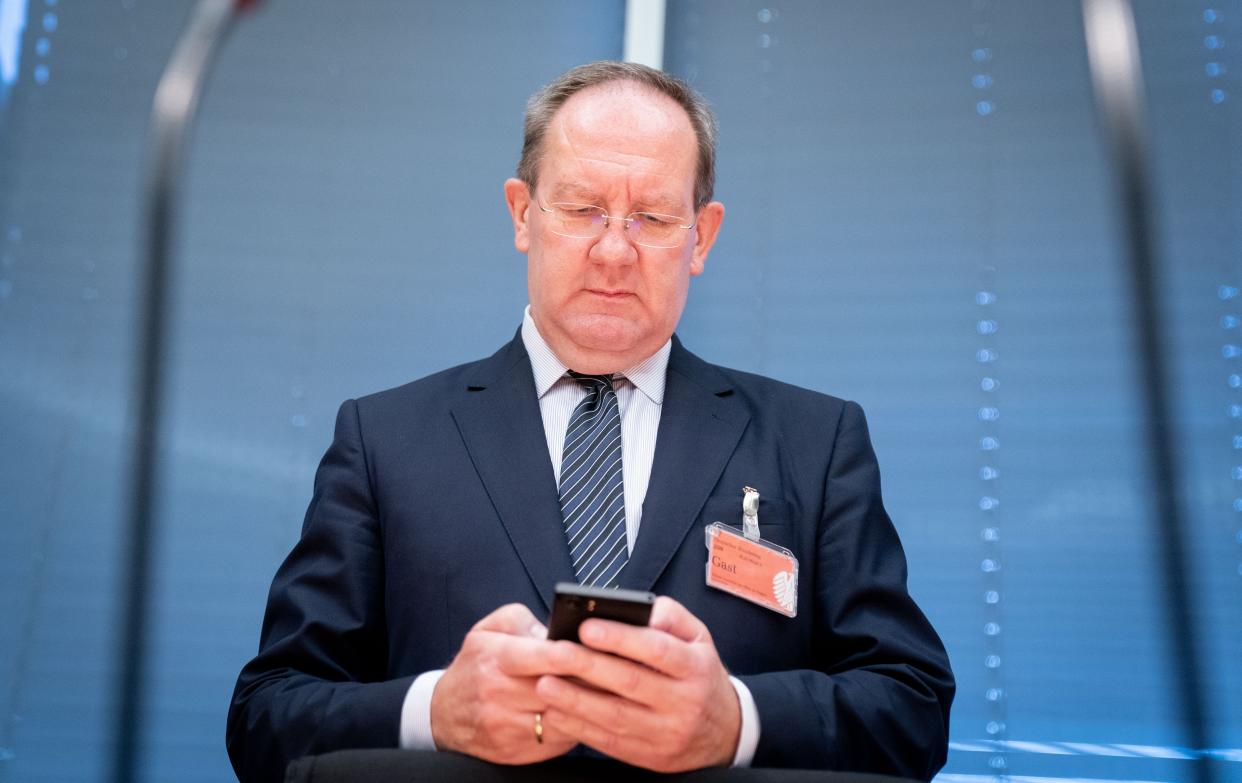Germany’s financial regulator chief rules out resigning over Wirecard scandal

Felix Hufeld, president of Germany’s Federal Financial Supervisory Authority (BaFin), said he will not resign from his role, despite harsh criticism that the country’s top financial watchdog should have caught the fraud at payments company Wirecard long before its balance sheet scandal came to light.
"If you are president of BaFin, you have to endure it or look for another job," said Hufeld at a conference in Frankfurt on Wednesday.
The full extent of the fraud at the bankrupt payments company began to unfold in June this year, when auditor EY refused to sign off on Wirecard’s 2019 accounts as €1.9bn (£1.69bn, $2.27bn) was missing from its balance sheets.
BaFin has been in the hot seat since the scandal broke in June. At the time, Hufeld described it as “a complete disaster.”
“We were not blind, but we may have relied for too long on the formally correct procedures,” Hufeld said in Frankfurt today. “We didn't see the wood for the trees.”
READ MORE: German lawmakers to launch parliamentary probe into Wirecard scandal
The BaFin boss said that the regulator did take a “very close look” at Wirecard, and “filed a large number of criminal charges against the Wirecard company with the public prosecutor.”
He added that BaFin is “not a police authority” and that “Wirecard AG was not a bank, we supervised the Wirecard Bank. Wirecard AG was a technology company.”
German opposition lawmakers from the Greens, the Left and the pro-business Free Democrats jointly reached enough votes to demand a parliamentary enquiry into the fraud scandal on Tuesday (1 September). The probe could investigate, among other things, how many red flags the government and BaFin had had about Wirecard, and whether they ignored warning signs about the company’s behaviour.
Hufeld said BaFin would aid any inquiries. “It goes without saying,” he said. "We'll do our part to set out every crumb,” adding that everything needs to be relentlessly examined and oversight rules and regulations may need to be changed to stop such a situation from happening in the future.
READ MORE: Former Wirecard COO put on Interpol’s most-wanted list
The Wirecard scandal has turned into a major embarrassment for the government in Berlin, not only because it dents the solid, reliable business reputation of Germany, but also because Wirecard had been feted as one of the country’s super-star tech companies.
Insolvency administrators are in the process of selling off the company’s assets to try and recoup some of the billions owed to its creditors. They laid off 730 of Wirecard’s 1,300 staff in Germany in August, including the remaining members of the management board. Former Wirecard chief executive Markus Braun is currently in custody in Munich, which former chief operating officer Jan Marsalek is at large, with an Interpol warrant out for his arrest.

